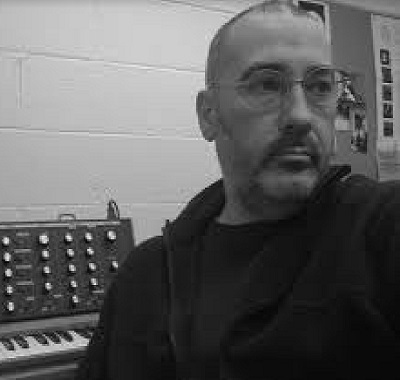
As soon as the final exam marks are in, and the exam boards are finished, we are into the not-so-long stretch of the writing season. For many of us whose research does not involve long days at archives or collecting some sort of data and primary sources, this means putting our heads down and thinking of word magic. How to bring in our readers into the meaning of what we want to say and hold them for the duration of our message, a kind of academic story-telling that we hope will make a difference. Since what we write is directed mostly at informing rather than entertaining, we have a difficult path to tread between the dry ‘here is the content’ and a more flowing ‘is this not ever so interesting?’.
This is a major task when we’re trying to finish a book, which is one of the things that are reserved for this busy season. Often what happens is that throughout the year we might be engaged in drafting the various chapters that will compose a monograph, in various degrees of literary quality and completion. In some cases, we might have for instance the whole block of text for a chapter, with everything we want in it, but full of strange-looking sentences. In others, we find wonderful paragraphs with notes such as ‘talk about this here’ or ‘TODO: …’ in between. The task now is to go back to our notes to complete these unfinished drafts, taking advantage of complete periods of concentration, only possible during the Summer months.
My own experience of this has taught me that in order to be able to cross the finishing line, full days at the desk are essential. While we can do small packages of work during the year, assembling the elements that will make up the final piece into the forms I described earlier, it is hard to give the full polish without having, as the Rolling Stones sang, time on our side. Besides harnessing the power of a good sentence, one of the aspects I find particularly important is to make some inroads into typesetting. For many people this might sound a little alien, but I will explain.
It is the case that scholars in the Humanities work on their manuscripts using standard word processors and produce text that will eventually be typeset and turned into the real thing by the publishers. Myself, I did this for a while, until I got tired of using these tools and the extra work they generated. So I moved on to produce work that is directly typeset, using a great system called LaTeX. While this is very common in the Sciences, it is relatively little used in the Humanities (beyond maybe Digital Humanities scholars, although there are Historians singing its praises too). With this software, we write plain text, add a few formatting commands to it, tell the program to compile it, et voilà, a PDF is produced in a final form! Wonderful!
A great advantage is that we can get a template from the publisher, with all the formatting commands in it, and just write our text directly to the final book form. Indexing can be done as we write, by marking the words we want indexed and it comes out automagically fully formed at the end of the book. References are handled just as easily, as well as the table of contents. We can even draw diagrams using its picture environment, if we wish. For the few of us, like myself, who need to include equations, the support is infinitely better than what is offered by the dreaded word processors. Since it is all plain text, it is easy to integrate with versioning systems such as git, if you are that way inclined.
There are other, a little less complete but simpler, ways of doing this type of thing, especially if your target is for instance online media. One of these is markdown, which is starting to be used widely and getting some attention from Humanities people. Like LaTeX, this is also plain text-based with added formatting marks, which lets you just write and leave formatting to the software. With these approaches, the technology is there to allow us to focus on what we find most important. The computer does what it is best suited to: the mechanical and tedious work. If you wish to see what a markdown document looks like, the original source for this blogpost can be found here.
The busy season has allowed me to complete several projects that I would otherwise have had difficulty realising. It took me from sketches to full chapters, from poorly expressed ideas to their clear exposition, and from a hopeful table of contents to a nearly completed manuscript. It allowed to bring a project to the point where, by the resumption of lectures, I could be confident to be on time for delivery to the publishers. For this reason, all I can say is hurrah for the Summer months, as I watch people enjoying the sunshine outside my window.


